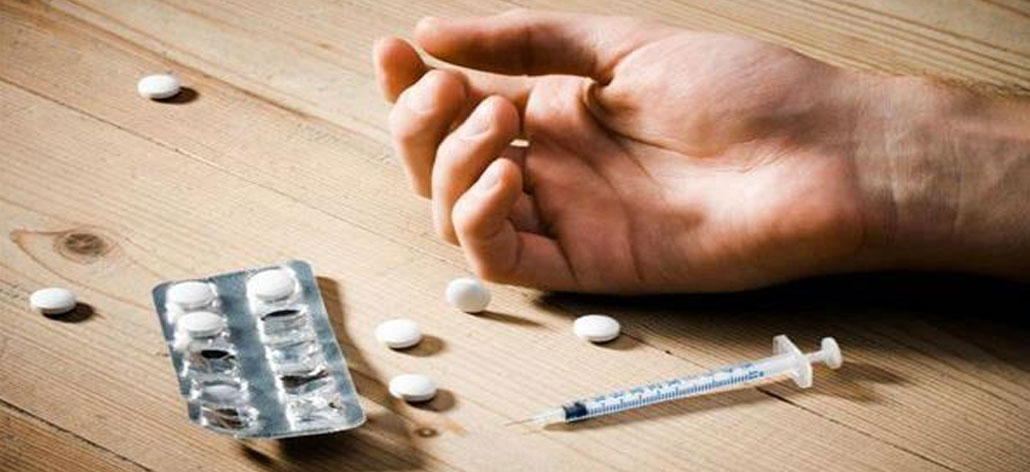Drug Deaddiction Tobacco, Cannabis Etc.
Substance addiction is a chronic condition involving compulsive drug and/or alcohol use. People who are addicted to substances may continue to drink or use drugs despite the potentially serious problems such substance use causes in their lives. Addiction can adversely impact every part of a person's life, including physical and mental health, family and relationships, employment, and finances.

Once addicted, it can be very challenging for a person to quit using a substance because of the way drugs affect the brain. In some cases, it can also be dangerous to suddenly stop or decrease the use of certain substances without medical supervision. Addiction treatment isn't always easy but, in addressing these and other issues, it has helped many people recover from substance use disorders.
While addiction is a chronic and complex condition, it is treatable. Studies have shown that treatment is most effective when it is individualized, meaning that it is tailored to address specific emotional, medical, psychosocial, employment-related, familial, and other aspects of a person.
What Is Addiction Treatment?
Drug or alcohol addiction treatment is a series of interventions designed to help people stop using drugs and improve functioning within their family, work, and community lives. Types of addiction treatment can vary depending on the specific type of substance(s) being used, individual medical and mental health needs, as well as other social issues. Some people seek addiction treatment on their own when they feel they cannot stop using substances, while others may be required to enter treatment as a result of legal issues. In either instance, treatment may lead to positive outcomes.
Certain changes in areas of the brain that are involved in impulse control, judgment, and decision making may accompany the development of an addiction. Many types of compulsive drug use are thought to be associated with changes in brain chemistry involving increased dopamine activity in the brain's reward system.
Some of the brain changes to develop in association with addiction may not suddenly disappear when a person stops using substances. Such changes can contribute to persistent behavioral patterns that make it relatively difficult for someone to control their impulses to use again. The compulsion to continue drinking or using drugs may also be tied to environmental and psychological triggers, of which an addicted person is sometimes not even aware. The good news is that addiction treatment uses evidence-based methods to target and change some of these deeply rooted triggers and behavioral patterns.
A comprehensive approach to addiction treatment commonly involves a combination of several therapeutic components, including:
- Medical detox.
- Treatment medications.
- Behavioral therapies.
- Family therapy.
- Group therapy and individual counseling.
- Support groups.
- Social services, including housing, legal, and financial services.
- We at LPC are trying to help people to quit their addictions in the best way possible. Treatment is planned according to the patient need and is tailor made.

